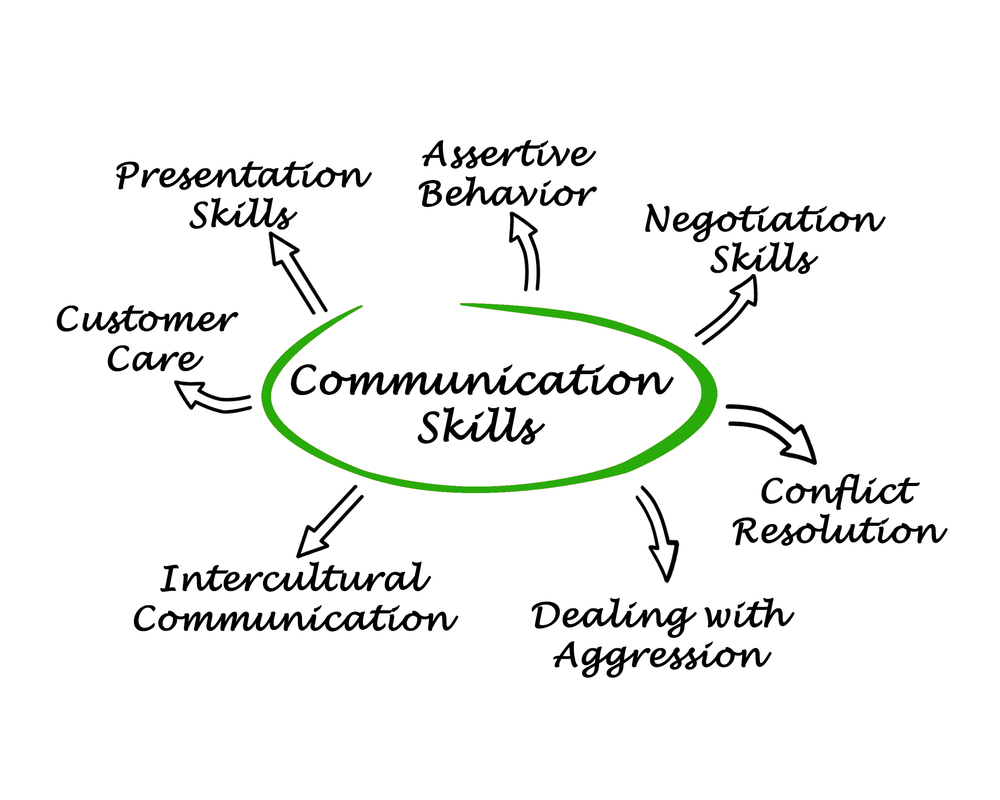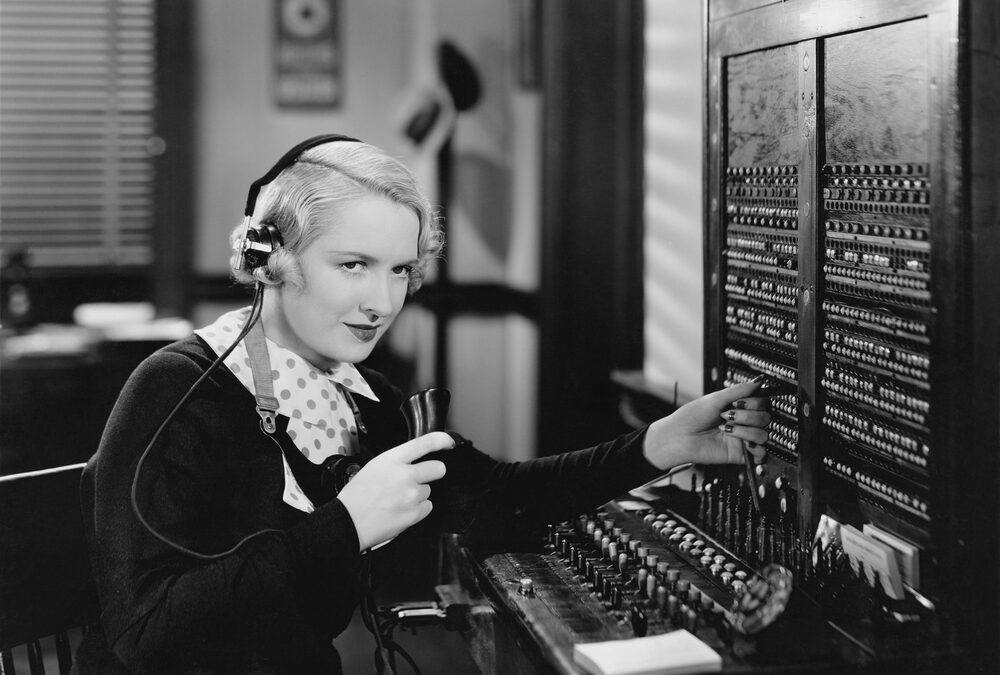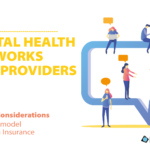In any walk of life, (good) communication is vital. If we take construction as an example, we can speak of the chain: architect-construction manager-worker. Similarly, the communication skills of a technology project team play a huge role in the success or failure of a plan. If we may use the analogy, we could say that a computer scientist is an interface between people and machines. One of the premises for a well-coordinated work team is effective communication among its members.
Effective communication helps to better understand projects. The first place where communication fails is in the understanding of the requirements. Understand what the customer wants and needs. In the case of technical professionals, good understanding is not only limited to colleagues, but also to customers. The professional must communicate complex concepts and information in a simple way. To paraphrase Einstein: “everything should be as simple as possible, but not simpler“.

Understanding the customer
Today’s great entrepreneurs have one characteristic that separates them from previous generations: fantastic communication skills. The expert must not only be able to code, but also to maintain fluid communication with all his interlocutors. In particular, you must listen to and understand the customer’s needs. The professional’s ability to listen, to understand and to communicate with the client in an accessible language has a value in the sector that is difficult to quantify.
Thus, computer technicians must master the two languages that support their profession, programming languages, and human language, with its infinite nuances, which allows communication between people, without forgetting how artificial intelligence and semantic analysis of information now mix both environments more than ever.

9 keys to improve communication:
- Listening: one of the fundamentals of effective communication is the ability to listen to others. If we do not listen carefully to our co-worker or customer, we will hardly be able to achieve a satisfactory result together.
- Clarity: to be effective, communication must be clear and concise. If it is a text, it should be read several times to make it as simple and summarized as possible.
- Timely: for communication to be effective, it must occur at the right time.
- Respect: adopt a respectful posture that values different opinions and points of view. Do not confuse people with problems.
- Technicalities: avoid the temptation to use highly technical language, especially if our interlocutor is not technical. We can make use of graphs and diagrams to explain the content.
- Cultural barriers: sometimes our interlocutor comes from another culture and thinks in a different language. Empathy will help us to put ourselves in the other person’s place.
- Feedback: by launching our message we are exposed to criticism. Criticism must be accepted with humility and open-mindedness. This will bring us closer to a satisfactory solution.
- Confidence: it will allow us to transmit our ideas and knowledge more effectively. A confident IT professional will accept criticism as an input and not as personal matter.
- Self-criticism: judging our own work will help us to improve, make more effective decisions and use the criticism of others as positive information to grow professionally and personally.




